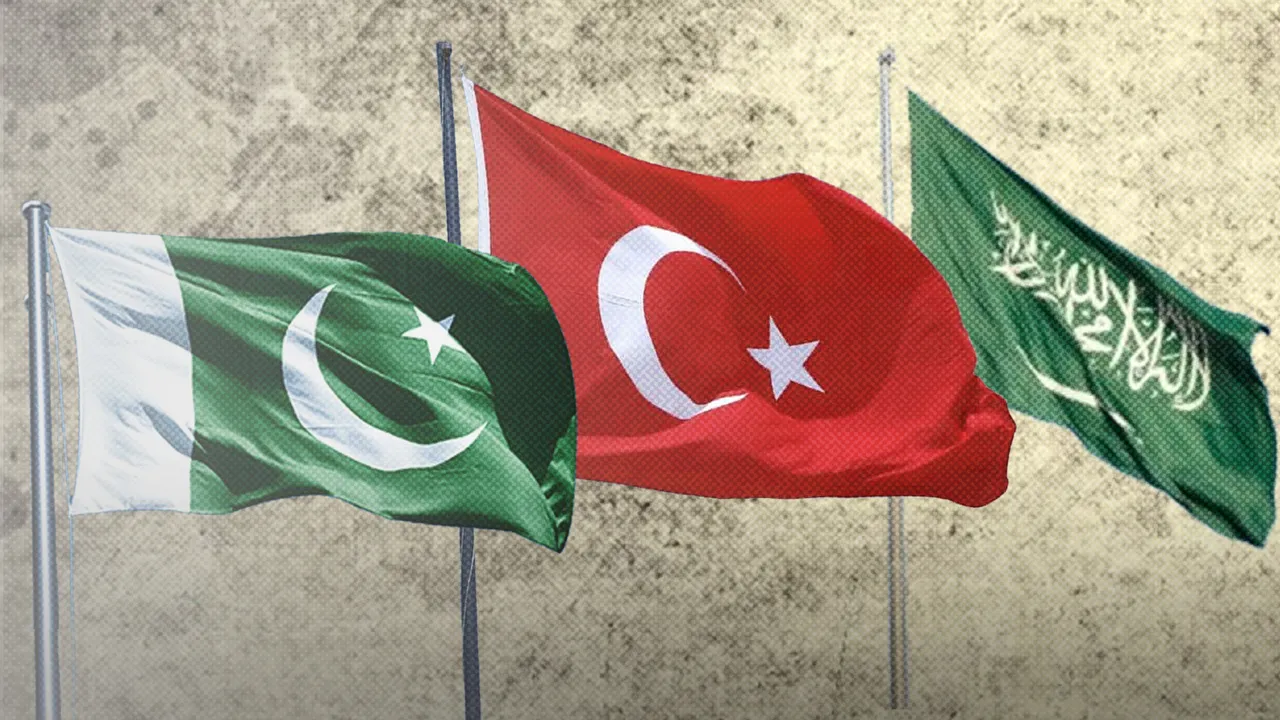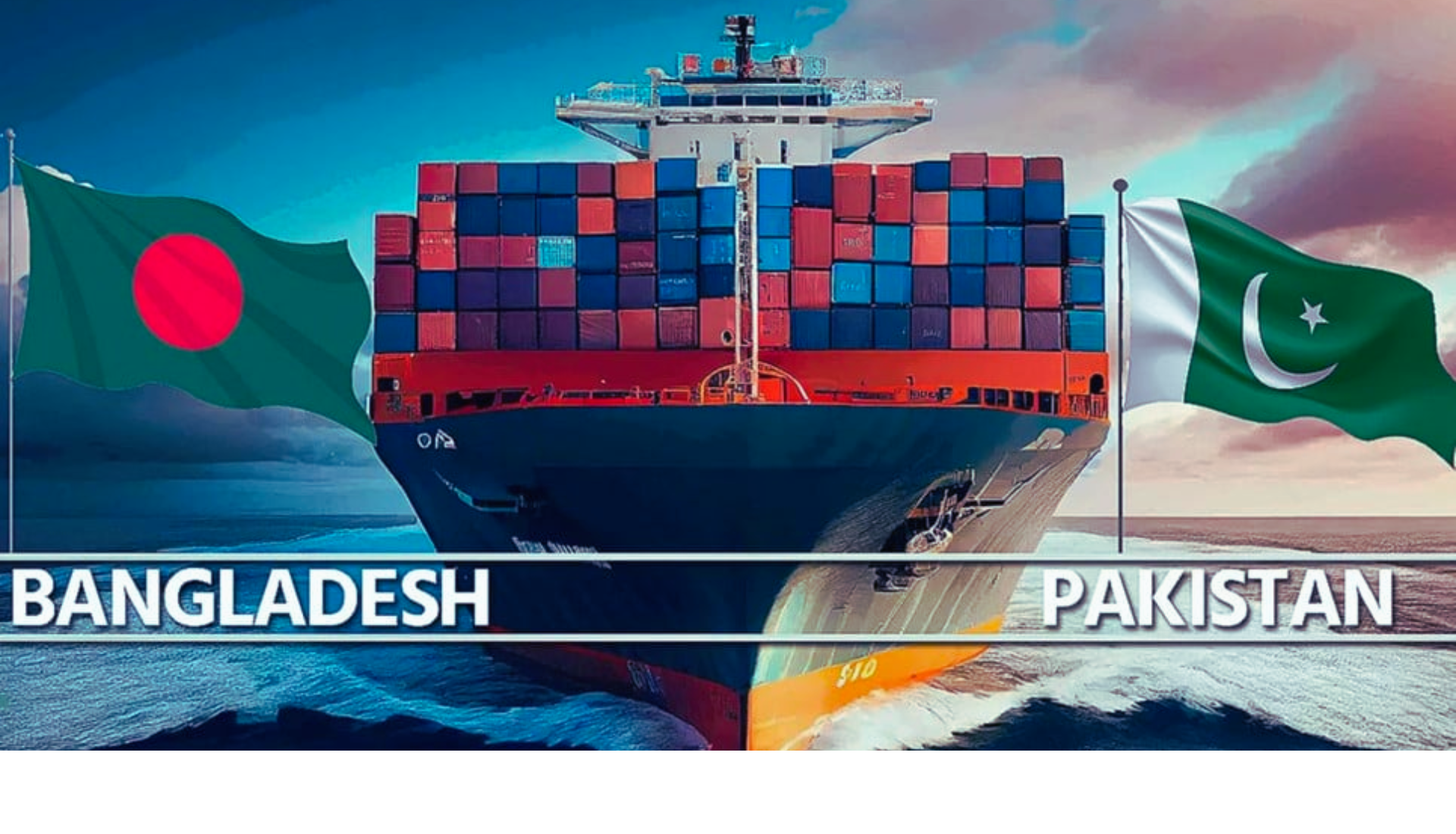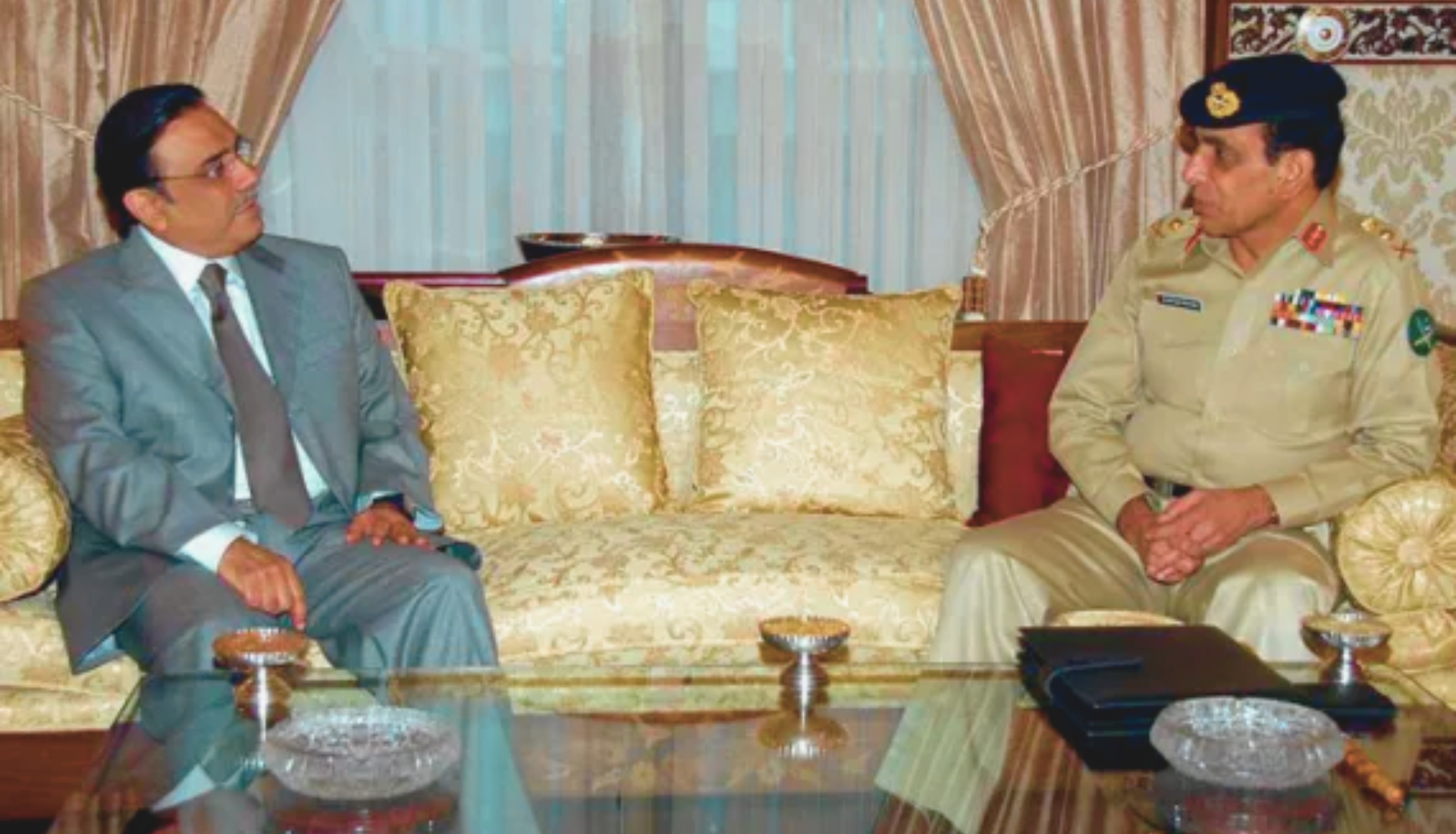Bangladesh looks to import more cotton from the US so that both American suppliers and local businesses can benefit and the country can get immunity from Trump’s tariff war, Foreign Adviser Md Touhid Hossain said yesterday.
The Trump administration has been imposing high tariffs on different countries, but Bangladeshi goods have not been targeted by such measures so far.
If Bangladesh imports more cotton from the US, the American government will hesitate to impose tariffs on goods made in Bangladesh, which has been performing well in the US markets despite facing high duties of 15.62 percent, according to Hossain.
The adviser made these comments at a workshop on the importance and potential of cotton cultivation in Bangladesh to save foreign currency.
The session was jointly organised by the Economic Reporters’ Forum (ERF), the Bangladesh Cotton Ginners Association, and Bangladesh Sudan Ginning Cotton Co Ltd (Sudan) at the ERF auditorium in Dhaka.
Hossain added that the government would offer bonded warehouse facilities to cotton ginners so they can receive fair prices. This will be part of a greater process to ensure the adequate and timely supply of cotton.
Bonded warehouse facilities would allow ginners — which are individuals or entities that operate a cotton gin, a machine that separates cotton fibres from their seeds and other impurities — to supply cotton to spinners for at least 10 fewer cents per pound, which will ultimately benefit the industries.
He revealed that Bangladesh sometimes imports lower-grade cotton at higher prices due to a lack of bonded warehouse facilities.
Hossain also stated that the government would consider classifying cotton as an agricultural product so that growers can benefit from subsidies are encouraged to cultivate more.
“If cotton is recognised as an agricultural product, farmers can be given subsidies to encourage cultivation. They can also avail bank loans.”
He said he would urge the government to extend policy support for the cotton cultivators since both the production and import of cotton are important for the textile and garment sectors.
Moreover, Hossain said he wanted to increase cotton production so that it could meet 20 percent of Bangladesh’s annual requirement of roughly 90 lakh bales. At present, domestically grown cotton meets only 2 percent of the domestic demand.
Additionally, the adviser assured he would try to remove the 4 percent advanced income tax on cotton ginning.
Land that is being used for tobacco cultivation should be repurposed for cotton cultivation, the adviser said, adding that he did not oppose tobacco cultivation.
He assured that he would raise a proposal which would allow cotton ginners to seek soft loans like the tannery and rawhide sectors to the advisory council soon.
Hossain further said he was not in favour of deferring Bangladesh’s status graduation from the group of least developed countries (LDCs).
Since the EU and a few other countries will continue LDC trade benefits for Bangladesh up to 2029, he reasoned that it is a good time to prepare for graduation.
Also See: Trump Escalates Trade War With EU, Threatens 200% Tariff on Alcohol
Preparation is very important as the EU has already given a list of actions to qualify for obtaining GSP Plus facilities in EU markets.
“Many taxable people are not paying taxes, so Bangladesh’s current tax to gross domestic product ratio stands at around 8 percent, which is even lower than Nepal’s. It is shameful,” he said.
Bangladesh must increase the tax-GDP ratio to ensure social benefits, he added.
Md Fakhre Alam Ibne Tabib, executive director of the Cotton Development Board, said it is possible to produce 20 to 25 lakh tonnes of cotton in the country if proper policy support is given.
Golam Sarwar, general secretary of the Bangladesh Cotton Ginners Association, said cotton is a subsidised product worldwide, but not in Bangladesh.
Abul Khayer, a Bangladeshi cotton grower in Sudan, said he produces cotton on 32,000 acres of land. He urged Bangladeshis to go to Sudan and cultivate cotton.
Moazzem Hossain, member of the National Board of Revenue, said ginners can be incentivised as they are supplying to the local industrial sector.
ERF President Doulot Akter Mala and General Secretary Abul Kashem also spoke.
This news is sourced from The Daily Star and is intended for informational purposes only.

![Bangladesh plans to import more US cotton to boost trade ties, avoid tariffs, and support its textile industry's growth. [Image via BSS]](https://southasiatimes.org/wp-content/uploads/2025/03/touhid.webp)




